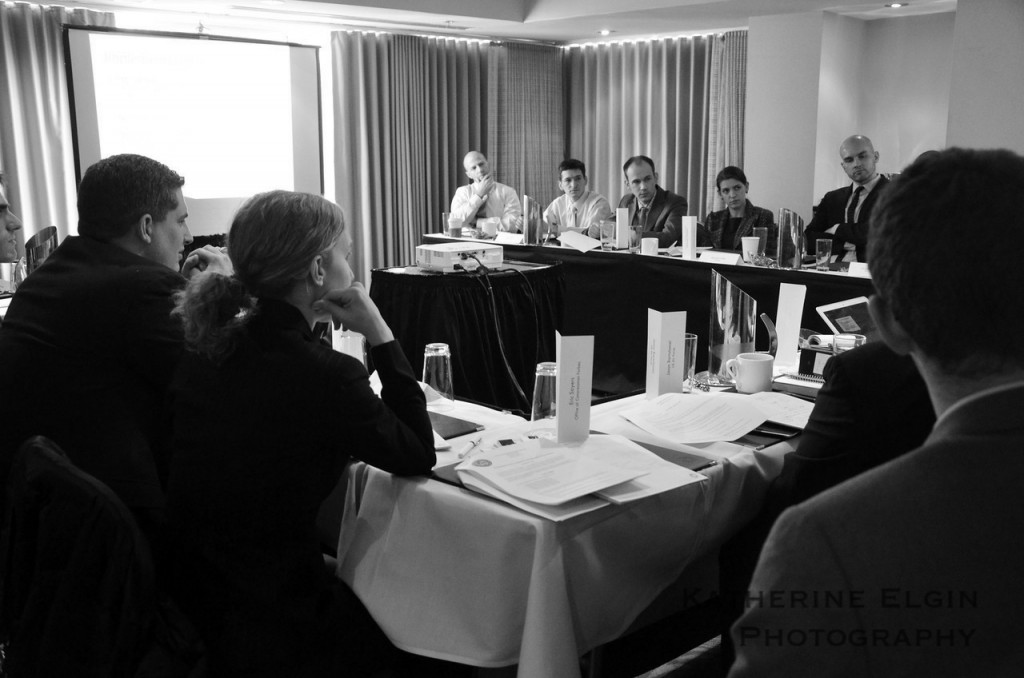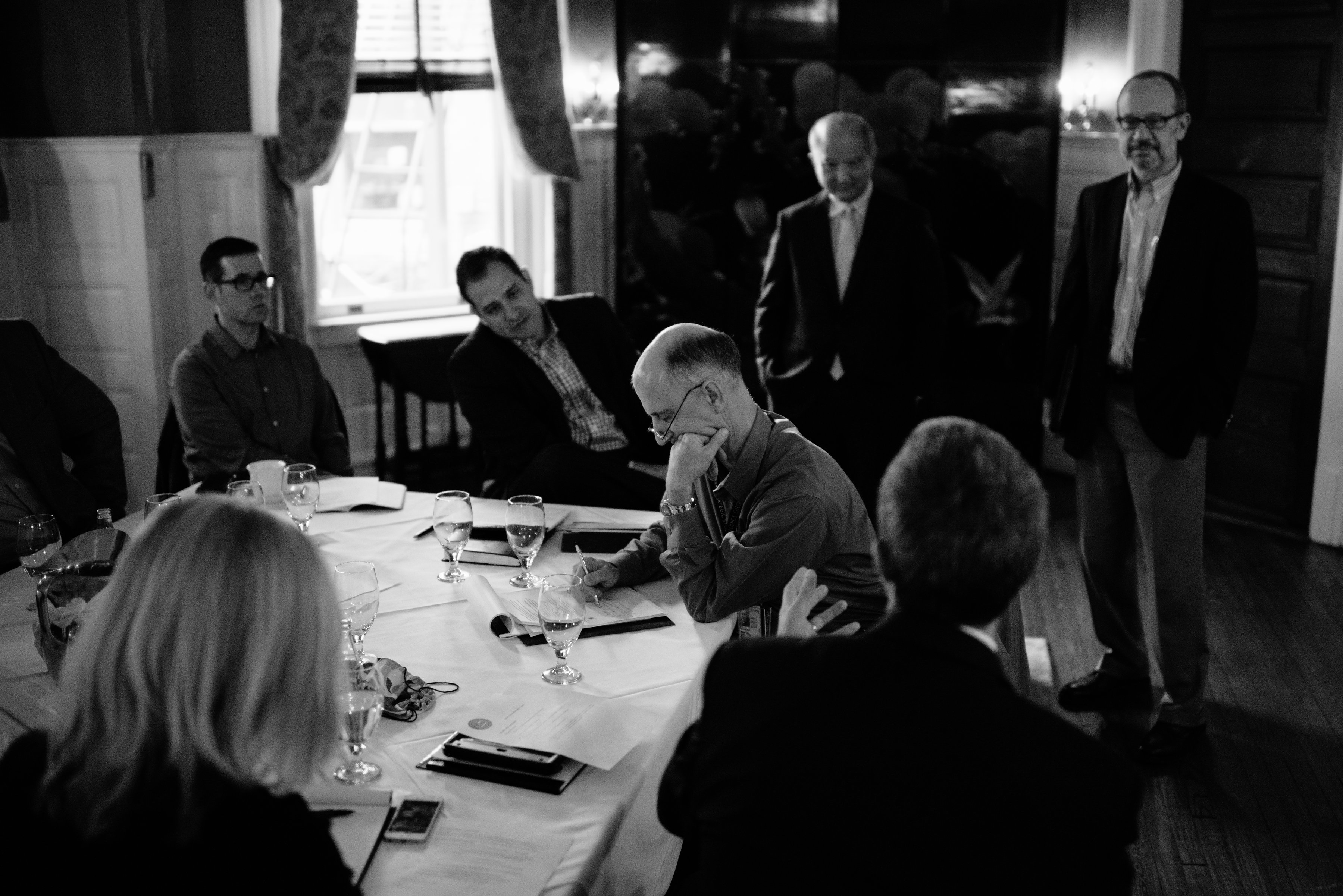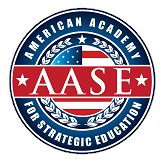The American Academy for Strategic Education (AASE) is a Washington, DC-based non-profit organization dedicated to educating a rising generation of strategic thinkers in the United States and improving strategic thought about contemporary US national security policy.
Founded in 2012, AASE offers executive education-style national security courses and convenes dialogues that connect US-based strategists with counterparts from allied countries. AASE’s flagship Net Assessment and Competitive Strategy course has taught hundreds of students, including officers from each of the military service branches, Congressional staffers, civilian defense and intelligence analysts, and scholars from leading think tanks and academic programs. AASE’s lead instructors are its co-founders, Dr. Jacqueline Deal (President & CEO, Long Term Strategy Group), Prof. Aaron Friedberg (Princeton University), and Prof. Stephen P. Rosen (Harvard University). AASE also supports original research on topics related to US national security policy.
AASE courses and dialogues also feature guest lectures by a range of national security professionals, including serving and recently retired U.S. Defense Department civilian officials and military officers. Recent speakers have included:
- Amb. Eric Edelman (former Under Secretary of Defense for Policy and U.S. Ambassador to Turkey)
- Dr. Thomas Ehrhard (former Special Assistant, Deputy Secretary of Defense)
- Dr. David Epstein (Deputy Director, Office of Net Assessment)
- Andrew W. Marshall (former Director, Office of Net Assessment)
- Dr. Andrew D. May (Associate Director, Office of Net Assessment)
- Dr. Ashley Tellis (Carnegie Endowment for International Peace)
- Dr. Michael G. Vickers (former Undersecretary of Defense for Intelligence)
In all of our activities, we endeavor to live up to the intellectual and moral standards of Andrew W. Marshall, the founder of the Office of Net Assessment in the Office of the Secretary of Defense of the United States. Mr. Marshall dedicated his life to serving his country by better understanding the nature of the world in which the United States lives, the characteristics of those who wish to do it harm, and its enduring strengths. This could only be done by insisting on the highest standards of professionalism and objectivity in research and analysis, and on the bravery necessary to ask the right questions, while setting aside the pursuit of partisan political advantage and petty personal ambitions.


